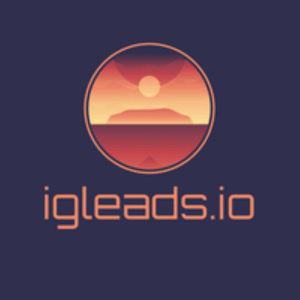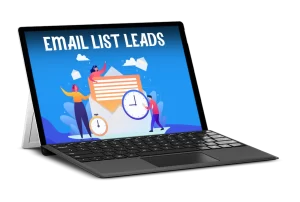Artificial intelligence (AI) is transforming every industry in the world, and marketing is no exception. AI is rapidly becoming an integral component of marketing strategy for businesses of all sizes, as it offers unmatched benefits over traditional marketing methods. From real-time personalized customer engagement to predictive analytics, AI has the potential to change how we perceive marketing entirely and revolutionize the way businesses advertise their products and services.
The transformation is already underway. Businesses are using AI in a plethora of ways to improve their marketing strategies and customer engagement. From analyzing consumer behavior to offering personalized recommendations, AI is enabling marketers to deliver the right message to the right person at the right time. Here are some of the ways AI is transforming the marketing industry.
[content-egg module=AmazonNoApi template=custom/grid4]
Personalization
One of the most significant ways in which AI is transforming the marketing industry is by enabling personalized experiences for consumers. Thanks to machine learning algorithms, AI systems can analyze vast amounts of data to predict consumer preferences and tailor marketing messages to individual customers.
[content-egg module=Clickbank]
For instance, Netflix uses AI to recommend movies and TV shows to its users based on their viewing history. The system analyzes a user’s viewing habits and suggests titles that they are most likely to enjoy. Similarly, Amazon’s recommendation system uses AI to suggest products to its customers based on their browsing and purchase history on the platform.
Real-Time Customer Engagement
AI is also transforming customer engagement. Chatbots, for instance, are becoming increasingly popular among businesses. They use natural language processing and machine learning algorithms to understand customer queries and provide personalized responses in real-time. This means that customers can get quick answers to their queries, day or night, without the need for human intervention.
Apart from chatbots, AI-powered marketing automation tools are gaining traction among businesses. These tools can automate repetitive marketing tasks such as sending emails, social media postings, and lead generation. This frees up marketing teams to focus on creating compelling content and strategies, thereby improving overall efficiency.
[content-egg module=Ebay2 template=custom/grid4]
Predictive Analytics
AI-powered predictive analytics is another significant way in which AI is transforming the marketing industry. Machine learning algorithms can analyze vast amounts of data on customer behavior, purchase history, and online interactions to predict future outcomes accurately. For instance, marketers can use predictive analytics to identify potential customers who are likely to purchase their products and services.
Predictive analytics can also help businesses improve customer retention. By analyzing data on customer engagement and purchase history, AI can predict when a customer is likely to churn. This enables marketers to take proactive measures such as offering discounts and personalized incentives to retain customers.
Potential Benefits of AI in Marketing
The potential benefits of AI in the marketing industry are vast and varied. Here are some of the potential benefits of AI in marketing:
Increased efficiency: AI-powered marketing automation tools can save time and improve efficiency, enabling businesses to focus on creating compelling content and strategies.
Improved customer engagement: AI-powered chatbots can provide quick, personalized responses to customer queries, leading to higher customer satisfaction.
Better decision-making: AI-powered predictive analytics can help marketers make informed decisions based on data-driven insights.
Personalized experiences: AI-powered personalization can help businesses deliver personalized experiences to consumers, increasing engagement and brand loyalty.
[content-egg module=Udemy template=custom/grid4]
Potential Pitfalls of AI in Marketing
While the potential benefits of AI in marketing are substantial, there are also potential pitfalls that businesses need to keep in mind. Here are some of the potential pitfalls of AI in marketing:
Privacy concerns: AI systems collect vast amounts of data on consumers, raising concerns about how this data is being used and stored.
Lack of empathy: AI-powered chatbots may fail to provide the empathy and emotional support that human customer service representatives can offer.
Reliance on automation: Over-reliance on AI-powered automation can lead to reduced creativity and a lack of human touch in marketing campaigns.
Consumer behavior: AI-powered personalization may lead to a loss of privacy and autonomy for consumers, which may trigger negative reactions or pushback.
Conclusion
AI is transforming the marketing industry, and we are only scratching the surface of what is possible. From personalized experiences to real-time customer engagement and predictive analytics, AI is enabling businesses to improve their marketing strategies and customer experiences. However, businesses need to keep in mind the potential pitfalls of AI in marketing, such as privacy concerns and an over-reliance on automation. By balancing the promise of AI with a human touch, businesses can leverage its power to improve marketing outcomes and create compelling customer experiences.



























